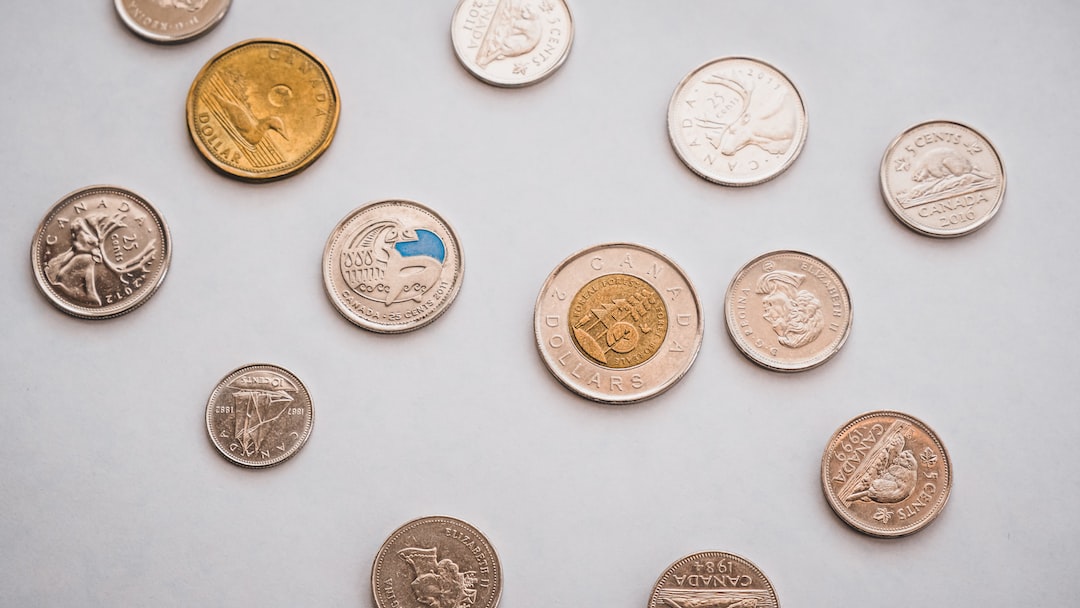Foreign exchange trading is the largest financial market in the world, with an average daily turnover of around $5.3 trillion. Forex trading involves buying and selling currencies in pairs, such as EUR/USD, GBP/USD, or USD/JPY. On the other hand, futures trading involves buying and selling contracts that obligate the buyer to purchase or sell a specific currency at a predetermined price and date in the future.
Both spot forex and futures trading have advantages and disadvantages that traders need to consider when deciding which one to use.
Advantages of Trading Spot Forex
1. High Liquidity: The forex market is the most liquid market globally, with high trading volume and tight spreads. This means that traders can easily enter and exit trades at any time without worrying about slippage or lack of liquidity.
2. Low Transaction Costs: Forex brokers typically charge low transaction costs compared to futures brokers, making it easier for traders to make profits. Also, forex brokers usually offer commission-free trading, which means traders can keep more of their profits.
3. Leverage: Forex brokers offer high leverage, allowing traders to control large positions with a small amount of capital. This can potentially increase profits, but it can also increase losses if not managed correctly.
Disadvantages of Trading Spot Forex
1. High Risk: Forex trading involves high risk due to the high leverage offered by brokers. Also, the forex market is highly volatile, and sudden price movements can wipe out a trader’s account.
2. Lack of Regulation: The forex market is decentralized, and there is no central authority that regulates it. This means that traders need to be cautious when choosing a broker, as there are many unscrupulous brokers that can scam traders.
3. Limited Trading Hours: The forex market is open 24 hours a day, five days a week, but there are times when liquidity is low, such as during holidays or weekends.
Advantages of Trading Futures Currencies
1. Transparency: The futures market is highly transparent, with all trades and prices publicly available. This makes it easier for traders to make informed decisions based on market data.
2. Regulated Market: The futures market is regulated by the Commodity Futures Trading Commission (CFTC), which ensures that all market participants follow strict rules and regulations. This provides traders with a higher level of protection against fraud and manipulation.
3. Diversification: Futures trading allows traders to diversify their portfolios by trading different currencies, commodities, and other assets.
Disadvantages of Trading Futures Currencies
1. High Margin Requirements: Futures trading requires a higher margin than forex trading, which means that traders need to have more capital to enter the market. This can limit the number of traders who can enter the market.
2. Low Liquidity: The futures market is less liquid than the forex market, which means that traders may experience slippage or lack of liquidity when entering or exiting trades.
3. Limited Trading Hours: The futures market is open for a limited number of hours each day, and traders need to be aware of the trading hours to avoid missing out on potential opportunities.
In conclusion, both spot forex and futures currencies have advantages and disadvantages, and traders need to consider their trading goals, risk appetite, and trading style when deciding which one to use. Forex trading is more suitable for traders who prefer high liquidity, low transaction costs, and high leverage, while futures trading is more suitable for traders who prefer transparency, regulation, and diversification. Ultimately, the choice between spot forex and futures currencies depends on the trader’s individual preferences and requirements.






